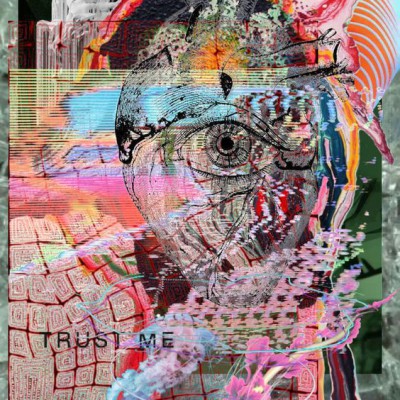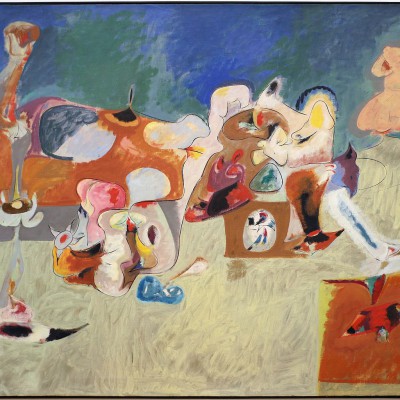Watch
Events
Articles
Market
More
An OOMlich collage, a little dentist book I found yesterday, and "l'aratro e la canzone" (the plough and the song) by Arshile Gorky, 1946.
https://www.pinterest.com/pin/733312751843229908/
https://www.amazon.com/Kids-De....ntal-Office-Books-Pa
https://commons.wikimedia.org/....wiki/File:Arshile_go
Tell me about a Strange thing that intrigues you!
Every working day I find an OOM for the Strange things of our Maker in the arts.
ofourmaker.com
#dailyoom






One lamb you shall offer in the morning, and the other lamb you shall offer at twilight.
Exodus 29:39
Dawn and dusk are universally recognized as spiritually significant times, often considered to be the time of day when the barriers between the physical and spiritual worlds are thinnest. Pagan religions frequently reflect distorted images of God's true spiritual order. #tetsaveh



Seven days you shall make atonement for the altar and consecrate it, and the altar shall be most holy. Whatever touches the altar shall become holy.
Exodus 29:37
Whatever touches the altar becomes holy. This is related to #yeshua's assertion that swearing by the offering instead of the altar is pointless. (Matthew 23:18-22)



Palestinians are more Jewish then the Europian pretending to be Jewish. Read the Word! The poorest of Yehudah, Dan, and Benjamin that were left behind to tend to the land is now called Palestine. Woe to those who attack the 12 tribes.
https://vm.tiktok.com/ZMMJ8xKkk/



Excerpt: It’s interesting to note in our movement it is very common for people to believe that if they were to return to the diet and lifestyle of Moses or of Adam and Eve that somehow we would achieve a better mortality rate. It’s natural for these ideas to creep in. But we must remember that Adam and Eve were not going ever going to die before the fall and without respect to their diet.
https://firstcenturychristianity.net/the-creator/



Per Exodus 29:6 the High Priest is to wear a crown, while the king is to write himself a copy of the Torah. Leaders must hold themselves to higher standards. They must guard their ears, actions, and every step (v20).
The roles of priest and king somewhat overlap and this foreshadows the Melchizedek nature of Messiah's priesthood. The High priest is man elevated toward God. Messiah is God brought down to man. Like Messiah #yeshua, the Lamb slain from the foundation of the world, the Aaronic priesthood is forever, according to Exodus. It cannot be revoked so long as heaven and earth remain or else God lied to Aaron and Pinchas. Who is God that he should lie?
Unlike Yeshua, however, the Aaronic priesthood is permanently tied to Zion. Yeshua is a priest of a higher order and serves in a higher temple.



The evidence stacking against the Babylonian state known as Israel for the mass shooting at the music festival is enough to condemn them as terrorists. Purposely targeting civilians for the anti Hamas propaganda. All I gotta say is if you terrorize a people and they rise up to fight back, you are not a victim, you are a criminal. And Yahuah's Torah condemns both sides.



On this date in history, 02/20/1962: John Glenn, piloting the Friendship 7 spacecraft, becomes the first American to orbit the Earth. #otd #tdih #aerospacehistory



Lily Portion for Today: Tuesday February 20
Each time your children and families confess that they believe in the Holy Spirit, they confess that they believe in our Living Elohiym, Who is willing to make their hearts His Home. (Prayer: Your Highness, fill my children, fill my family, unite us in our zeal for Your Kingdom. Touch us with Your fire and prepare us to be true messengers, rejoicing and proclaiming Your Name wherever we may go, amein)


